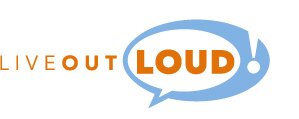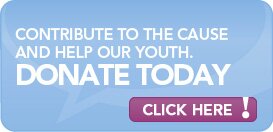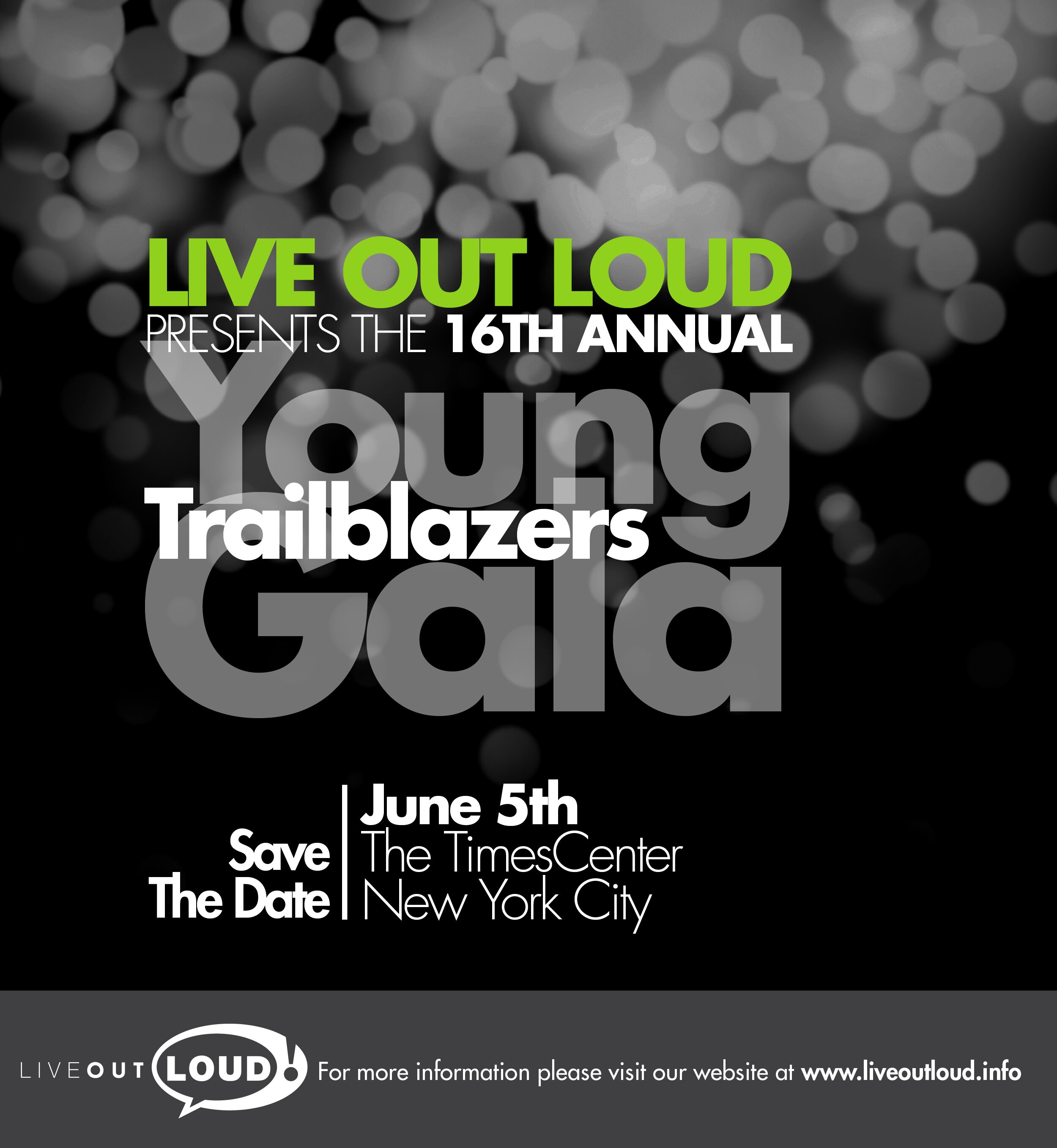Words Matter: Educating Teens about MicroaggressionsIn recent Live Out Loud School Programs in NYC, our Manager of Youth Programming Alex LaCasse has been talking to GSAs about microaggressions – a term most students were hearing for the first time. What is a microaggression? Columbia professor Derald Sue defined them as “common verbal, behavioral, and environmental indignities, whether intentional or unintentional, that communicate hostile or negative slights to marginalized groups.” (Source) While the term originally applied to racial discrimination, the concept is now widely considered to affect all minorities. To start off his meetings with GSAs, Alex used a clip of actress Gabourey Sidibe using the word “tranny” in an interview, which sparked discussions about use of the term and its harmful effects. Alex helped students see how the term perpetuates stereotypes and assumptions about the transgender community, regardless of how unaware or well-meaning the user may be. Although many students were hearing the term “microaggression” for the first time, students in each GSA identified instantly with the experience of dealing with them – not only as victims, but as aggressors as well. Some students admitted to using the term “tranny” without knowing it was offensive. Several straight allies also admitted to using phrases like “I love my gay best friend, I love going shopping with him” – a sentiment that can be well-meaning, but which perpetuates false assumptions about the gay community. However, all students were quick to recognize the harmful effects of these phrases, and some gave sincere apologies to their groups for any offense they had caused. Students commonly spoke out about hearing microaggressions about bisexuality, such as remarks like, “it’s just a phase,” or even “it doesn’t exist.” For one student, it wasn’t until she found examples on TV of bisexual characters that she finally felt validated as a bisexual woman. When ignorant notions about the LGBTQ community are left largely unchallenged, and even coming from close friends and family, the cumulative effect over time can be enormous for a young person’s self-image. As one student remarked, “It’s kind of like a rope–it tears and it tears and then eventually it snaps.” Learning about microaggressions empowered students to recognize the power of words and to educate others on what is appropriate to say, and why. As one student said, “I think it comes from a place of ignorance. It’s not like they know it’s really that offensive. We have to be understanding and educate people, not turn them away.” And by focusing on the words they use, students are better equipped to build solidarity within the LGBTQ community. “Microaggressions seem to happen within communities a lot. It’s a lot of LGBT people saying these things about other LGBT people. We should be sticking together.”
|
||||||||||





